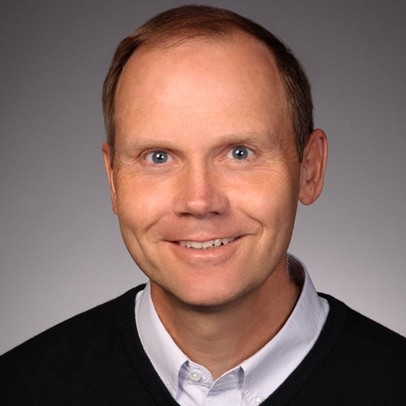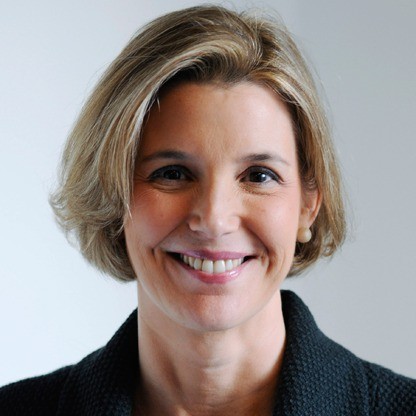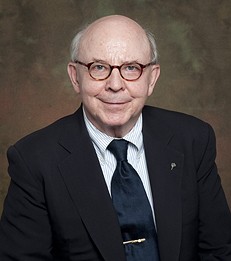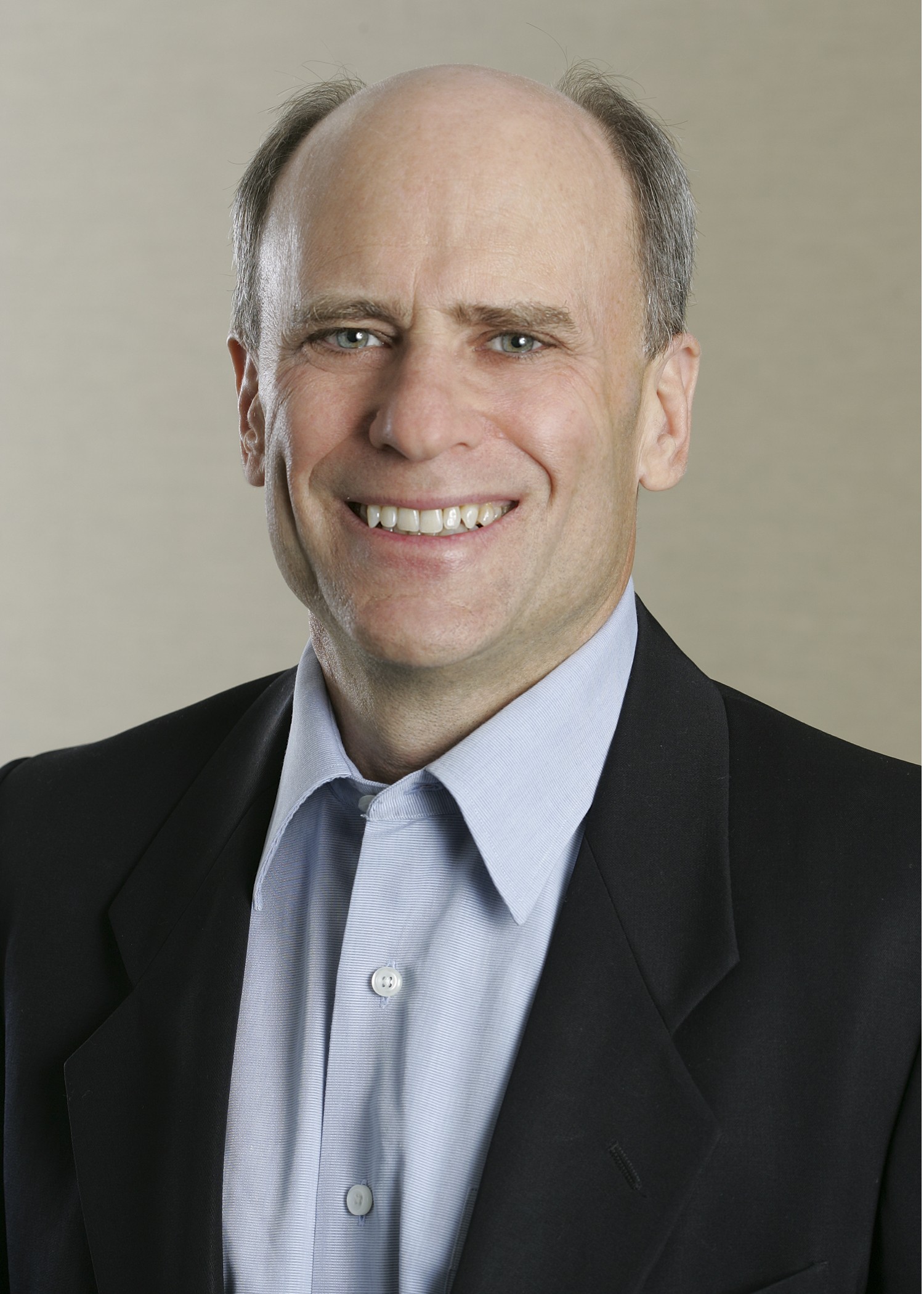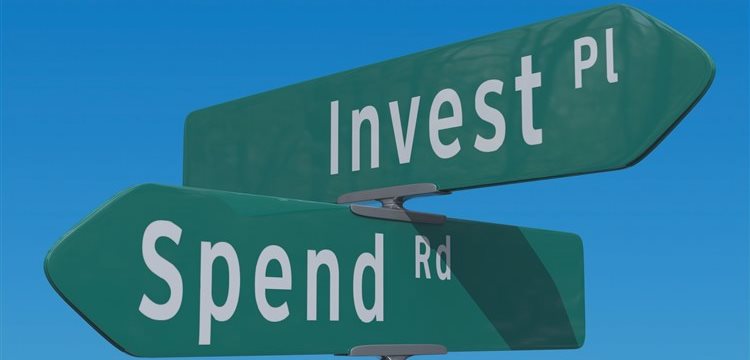
PART 2. "The best financial advice I´ve ever received or given." The most successful investors share their wisdom with us
Today and tomorrow, I will go on posting opinions of outstanding investors and managers on the best financial advice they have ever received or given. Who is in the list?
Joe Mansueto,
chief executive of financial research firm Morningstar
An investor should think like a business owner, not a renter. Most businesspeople don't get up in the morning and ask whether they should sell their business that day. If they own a pizza shop, they don't think about whether what they really should own is a shoe store instead. They show patience and persistence and try to understand their underlying business better so they can earn the greatest return for the longest period of time.
So investors are in many ways misled by stock-market volatility. The values of the underlying businesses just don't change as quickly as stock prices do. You really don't have to watch those changes hawklike day after day.
It is in a lot of people's interests to get you to do something. Advisers and brokers earn commissions, fund companies want you to bring your assets to them. There are a lot of forces at work in the investment industry to get people to move, and there's not really a countervailing force to encourage you to do nothing. But you should.
Sallie Krawcheck,
owner of 85 Broads, a women's networking group, and a former senior executive at Bank of America and Citigroup
The best financial advice I ever received was not to buy a financial product that you didn't understand and not to buy it from a person who couldn't explain it so that you could understand it. Think [Ponzi schemer Bernard] Madoff: Any number of people didn't understand how he was making the steady returns he was making, but they didn't question it because it was such a good thing.
Richard Sylla,
professor of the history of financial institutions and markets at New York University
The best financial advice I ever received was advice that I also provided, both to myself and to Edith, my wife. It was more than 40 years ago when I was a young professor of economics and she was a young professor of the history of science. I based the advice on what were then relatively new developments in modern finance theory and empirical findings that supported the theory.
The advice was to stash every penny of our university retirement contributions in the stock market.
As new professors we were offered a retirement plan with TIAA-CREF in which our own pretax contributions would be matched by the university. Contributions were made with before-tax dollars, and they would accumulate untaxed until retirement, when they could be withdrawn with ordinary income taxes due on the withdrawals.
We could put all of the contributions into fixed income or all of it into equities, or something in between. Conventional wisdom said to do 50-50, or if one could not stomach the ups and downs of the stock market, to put 100% into bonds, with their "guaranteed return."
Only a fool would opt for 100% stocks and be at the mercies of fickle Wall Street. What made the decision to be a fool easy was that in those paternalistic days the university and TIAA-CREF told us that we couldn't touch the money until we retired, presumably about four decades later when we hit 65.
Aware of modern finance theory's findings that long-term returns on stocks should be higher than returns on fixed-income investments because stocks were riskier—people had to be compensated to bear greater risk—I concluded that the foolishly sensible thing to do was to put all the money that couldn't be touched for 40 years into equities.
At the time (the early 1970s) the Dow was under 1000. Now it is around 16000. I'm now a well-compensated professor, but when I retire in a couple of years and have to take minimum required distributions from my retirement accounts, I'm pretty sure my income will be higher than it is now. Edith retired recently, and that is what she has discovered.
Larry Swedroe,
director of research, Buckingham Asset Management, an investment-advisory firm
I was taught that the strategy to get rich—take concentrated risk, typically with your labor capital/business—is entirely different than the strategy to stay rich, which is to minimize the risks we take, diversify the ones we take as much as possible, keep costs low, tax efficiency high, and don't spend too much.
Mark Cuban,
owner of the Dallas Mavericks
Pay off your debt first. Freedom from debt is worth more than any amount you can earn.
